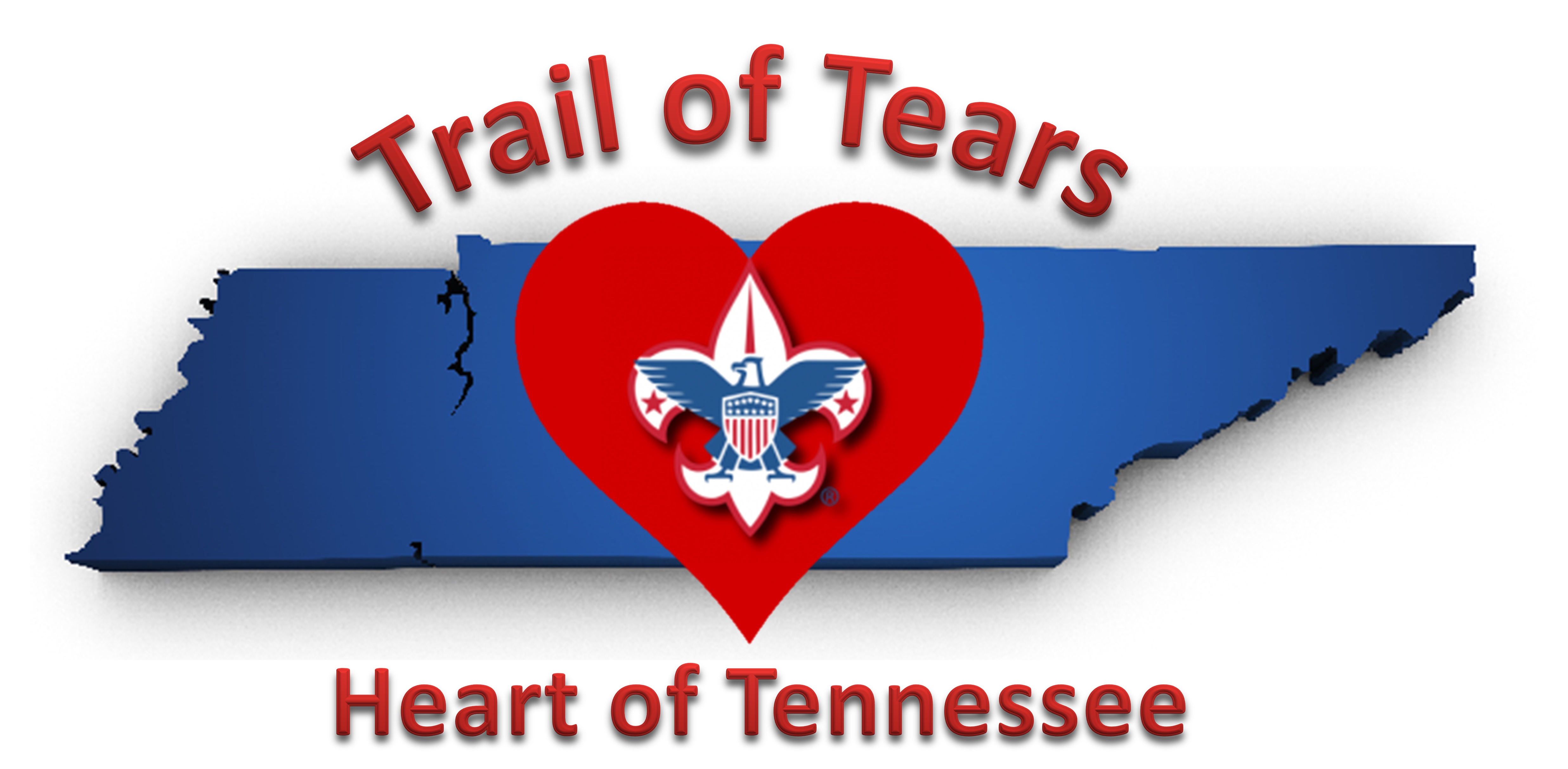
Dalton Smith’s Troop 241 Scouts were volunteering at an American Indian festival in Canton, Ga., when he had an epiphany. The event, he realized, was more than just a good service opportunity. It was also a great time for Scouts to work on the Indian Lore merit badge. After all, where else could Scouts find dance competitions, crafts, skills demonstrations and representatives of multiple tribes all in one place at one time?
“Instead of the Scouts learning from a summer camp instructor, they’re learning from Native Americans who are passionate about their heritage,” he says.
Six years later, Smith runs the Indian Lore merit badge workshop at the festival each May for the Appalachian Trail District, part of the Atlanta Area Council. He says it’s a great way to leverage the event’s resources and introduce new Scouts to the merit badge process. Here are four tips for doing the same thing at festivals in your area.

Do Your Homework
Before Scouts go to the festival, Smith connects with individual exhibitors who can help teach specific requirements. He makes sure they understand the details of the requirements and tells them when to expect Scouts to arrive.
“Over the years, these exhibitors now are looking for these Scouts,” he says. “They now tailor their program to the Scouts because they know what the requirements are.”
Counselors vs. Instructors
Smith doesn’t ask exhibitors to register as merit badge counselors. Instead, he sends small groups of Scouts around the festival alongside registered counselors.
“The majority of the instruction is done by the exhibitors, and the actual counselor is pretty much handling the procedural portion and just making sure that exhibitor is covering adequately that portion,” he says.
This approach aligns with the Guide to Advancement (scouting.org/GuideToAdvancement.aspx). As page 50 explains, “it is permissible for guest speakers, guest experts or others who are not merit badge counselors to assist in the counseling process … under the direction of a registered and approved counselor who is readily available on-site and provides personal supervision to all applicable BSA policies and procedures.”
Partials Are OK
Smith’s program, which runs two hours per session, isn’t designed to yield completed merit badges. Instead, Scouts have to complete some requirements back home. For example, requirement 4a has them learn three games, which they can do at the festival, and teach one game to a group of Scouts, which they must do later.
“By design, the boys will leave with a partial to give the badge a little more credibility or substance,” Smith says.
Make Advancement Fun
To Smith, earning a merit badge should be as natural as getting a suntan when you go outside.
“We’re having fun, we’re learning and, as we go through it, the actual earning of the merit badge should just be the natural progression,” he says. “At the end of the day, my No. 1 responsibility is to keep you safe. No. 2 is to make sure you’re having a good time while you’re learning.”
Powered by WPeMatico
